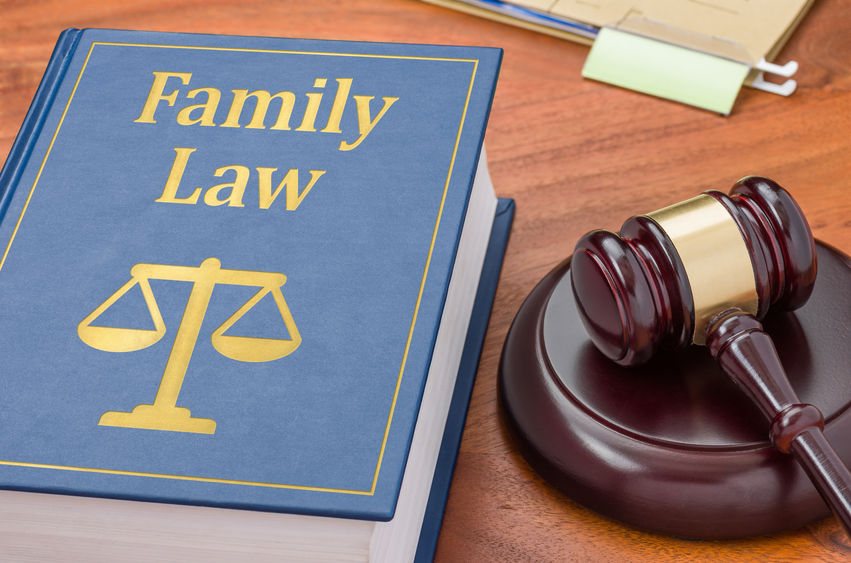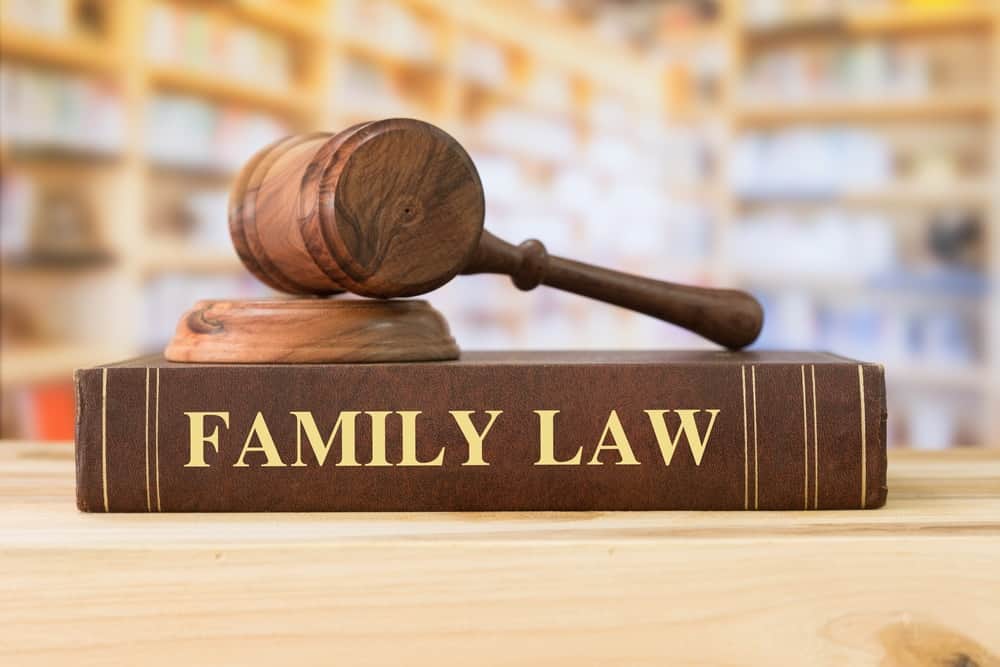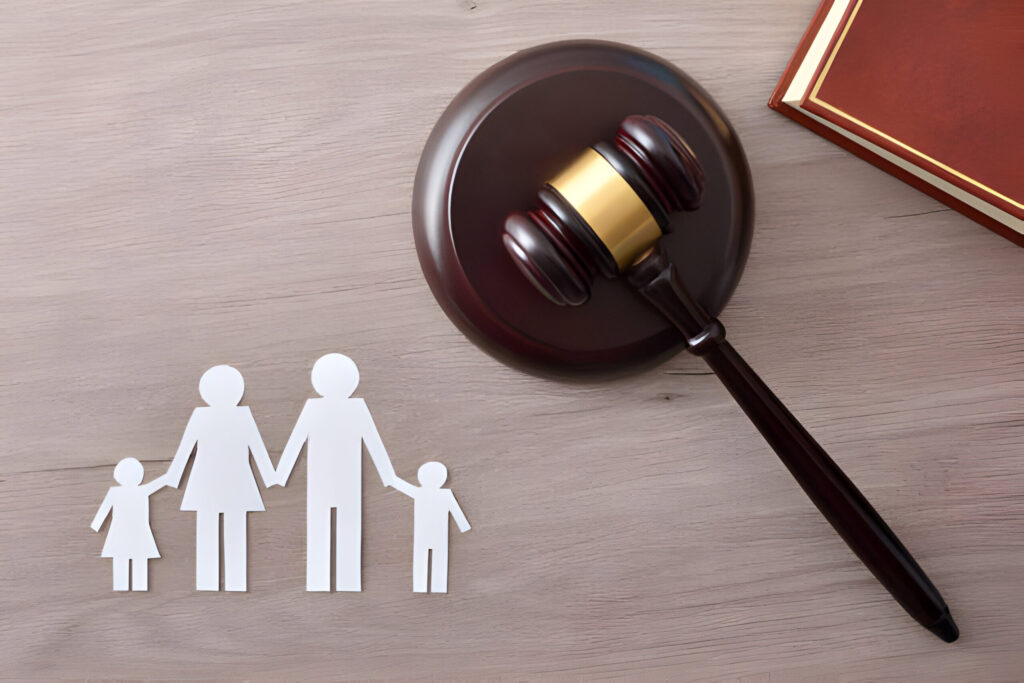Family law encompasses a range of legal issues that can arise within familial relationships, including divorce, child custody, property settlements, and domestic violence. Navigating these complex matters can be emotionally taxing and legally intricate. Engaging a family lawyer in Brisbane can provide invaluable support and guidance through these challenging times. This article explores the circumstances under which you might need a family lawyer, the services they offer, and how to choose the right one for your needs.
Understanding Family Law in Brisbane
Family law Brisbane is governed by both state and federal legislation, primarily the Family Law Act 1975 (Cth). This framework addresses various aspects of family relationships, including marriage, divorce, and the welfare of children. Understanding the legal landscape is crucial for anyone facing family-related legal issues.
In Queensland, family law matters are typically heard in the Family Court of Australia or the Federal Circuit Court. These courts have the authority to make binding decisions on matters such as property division, child custody, and spousal maintenance. Familiarity with the court system can significantly impact the outcome of your case.
Common Family Law Issues
Several common issues may necessitate the assistance of a family lawyer. These include:
- Divorce: The legal dissolution of a marriage, which can involve complex property settlements and arrangements for children.
- Child Custody: Determining where children will live and how much time they will spend with each parent.
- Property Settlements: The division of assets and liabilities acquired during the marriage or relationship.
- Domestic Violence: Seeking protection orders or addressing allegations of abuse.
When to Seek Legal Assistance
There are specific situations where engaging a family lawyer becomes essential. Recognising these circumstances can help you make informed decisions about your legal representation.
During Divorce Proceedings
Divorce can be a complicated process, particularly when it involves children or significant assets. A family lawyer can help you understand your rights and obligations, ensuring that you are adequately represented throughout the proceedings. They can also assist in negotiating settlements that are fair and equitable.
If disputes arise regarding the division of property or child custody, a family lawyer can advocate for your interests in court, presenting your case effectively to achieve the best possible outcome.
Child Custody and Parenting Arrangements
Child custody disputes can be emotionally charged and complex. A family lawyer can help you navigate the legal requirements for custody arrangements, ensuring that the best interests of the child are prioritised. They can assist in drafting parenting plans that outline responsibilities and visitation rights, reducing the potential for future conflicts.
In cases where parents cannot agree on custody arrangements, a lawyer can represent you in mediation or court, advocating for a resolution that aligns with your child’s needs.
Property Settlements
Property settlements can often lead to disputes, particularly when significant assets are involved. A family lawyer can provide guidance on how to approach property division, ensuring compliance with legal standards and fair treatment. They can help you understand the value of your assets and liabilities, and negotiate settlements that reflect your contributions to the relationship.
In situations where negotiations fail, a family lawyer can represent you in court, presenting evidence and arguments to support your claims regarding property division.
Benefits of Hiring a Family Lawyer
Engaging a family lawyer offers numerous advantages, particularly when dealing with emotionally charged family matters. Understanding these benefits can help you appreciate the value of professional legal assistance.
Expertise and Knowledge
Family lawyers possess specialised knowledge of family law and the legal system. Their expertise allows them to navigate complex legal issues effectively, ensuring that you are informed about your rights and options. This knowledge can be particularly beneficial when dealing with intricate matters such as property settlements or child custody disputes.
Furthermore, family lawyers stay updated on changes in legislation and case law, ensuring that their clients receive the most current and relevant advice.

Emotional Support and Guidance
Family legal matters can be emotionally draining. A family lawyer not only provides legal representation but also offers emotional support during challenging times. They can help you manage stress and anxiety by guiding you through the legal process and providing reassurance that your interests are being protected.
Having a professional advocate can alleviate some of the burdens associated with family disputes, allowing you to focus on your well-being and that of your family.
Negotiation and Mediation Skills
Many family law matters can be resolved through negotiation or mediation rather than court proceedings. Family lawyers are skilled negotiators who can facilitate discussions between parties, aiming for amicable resolutions that meet the needs of all involved. This approach can save time, reduce costs, and minimise emotional strain.
In cases where mediation fails, a family lawyer can prepare you for court, ensuring that you are well-equipped to present your case effectively.
Choosing the Right Family Lawyer in Brisbane
Finding the right family lawyer is crucial to achieving a favourable outcome in your case. Several factors should be considered when making your choice.
Experience and Specialisation
When selecting a family lawyer, consider their experience and specialisation in family law. Look for a lawyer who has a proven track record in handling cases similar to yours. Their familiarity with local laws and court procedures can significantly impact the effectiveness of your representation.
Additionally, consider whether the lawyer has experience in negotiation and mediation, as these skills can be invaluable in resolving disputes without resorting to litigation.
Communication and Rapport
Effective communication is essential in any lawyer-client relationship. Choose a family lawyer who is approachable, listens to your concerns, and explains legal concepts in a way that you can understand. Establishing a good rapport with your lawyer can enhance your comfort level and facilitate open discussions about your case.
During initial consultations, pay attention to how the lawyer interacts with you and whether they demonstrate genuine interest in your situation.
Fees and Payment Structures
Understanding the fees associated with hiring a family lawyer is crucial. Many lawyers offer various payment structures, including hourly rates, fixed fees, or retainers. Discussing fees upfront can help you avoid unexpected costs later on.
While cost is an important consideration, it should not be the sole factor in your decision. Prioritise finding a lawyer who offers a balance of expertise and affordability, ensuring that you receive quality representation without compromising your financial stability.

Conclusion
Engaging a family lawyer in Brisbane can provide essential support during some of life’s most challenging moments. Whether you are facing divorce, child custody disputes, or property settlements, a family lawyer can guide you through the legal complexities, advocate for your rights, and help you achieve a favourable outcome.
By understanding the circumstances under which you might need a family lawyer, the benefits they offer, and how to choose the right one, you can navigate your family law issues with confidence and clarity. Remember, seeking professional legal assistance is not just about resolving disputes; it is about ensuring that your rights and the well-being of your family are protected.
See Also: How to choose the best Family Lawyers in Brisbane for your situation.

